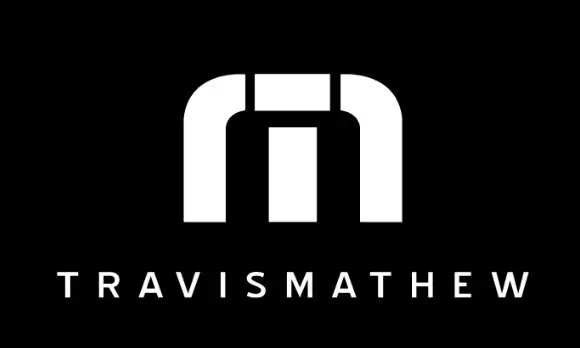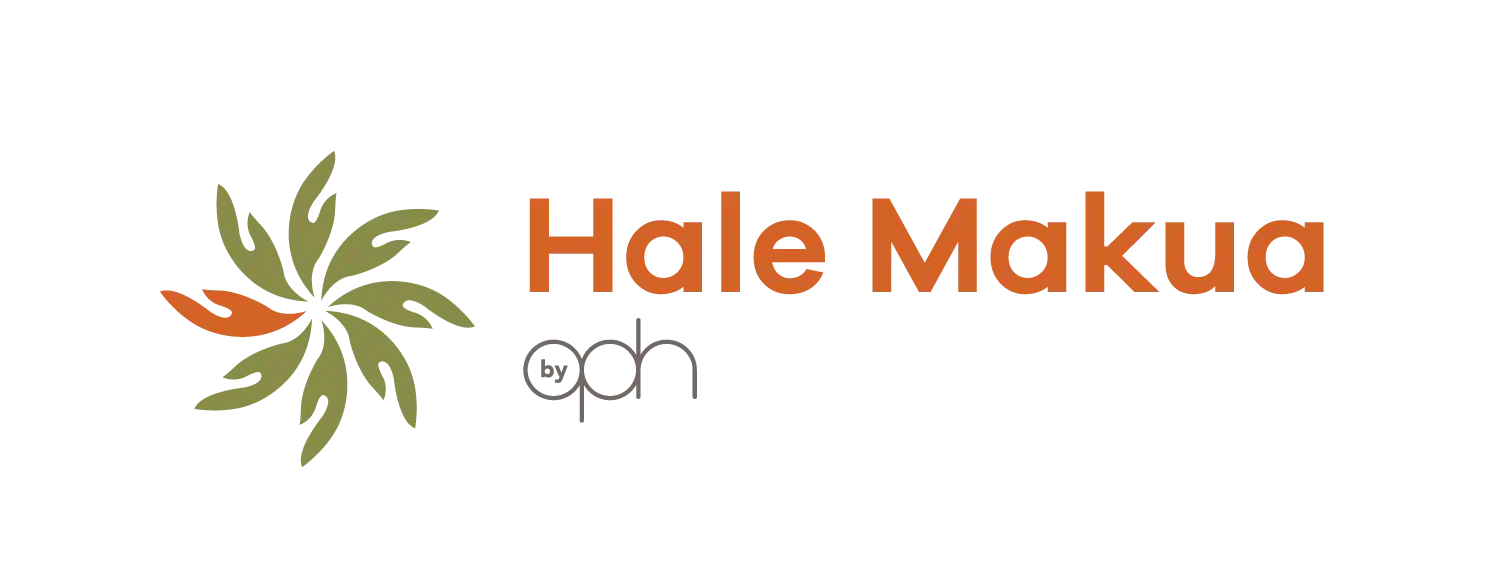NEW LAWS TAKE EFFECT JANUARY 1, 2009
Nine new laws passed by the Legislature during the 2008 legislative session and signed into law by Governor Linda Lingle, take effect on Thursday, January 1st. Â Among the new laws are measures designed to protect children from Internet predators, compel parents to pay child support, and prohibit alcohol consumption in common areas of public housing projects.
Act 80, signed into law on May 16, is aimed at protecting Hawai`i’s children from Internet predators and other sex offenders. Â The provision of the law that goes into effect on January 1, 2009 makes online registry of convicted sex offenders more useful to law enforcement agencies and the public. Â Under another part of the law that took effect on May 16, courts must impose a 10-year prison sentence on predators who communicate electronically with a child under 18 (or a person whom they believe is a child under 18) with intent to promote or facilitate the commission of a felony for which sex offender registration is required; agree to meet with the child; and travel to the meeting place. Â Additionally, as of May 16, Act 80 created a new misdemeanor offense for offenders who use a computer to transmit images of themselves masturbating or exposing their genitals in a lewd or lascivious manner to a child under 18 (or to a person whom they believe is a child under 18).
Act 157, signed by Governor Lingle on June 9, makes failure to pay child support, medical support or other remedial care a civil contempt of court after it is proven that the parent was present in court or was served with orders to pay and did not do so. Â If such a civil contempt of court order is issued, the new law requires that it clearly state that the failure to comply with the order may subject the parent to a penalty that may include imprisonment.
Act 34, signed on April 24, prohibits the consumption of alcohol on any public sidewalk or common area within a public housing project. Â Common areas include roofs, halls, corridors, lobbies, stairs, stairways, fire escapes, entrances and exists of the building or buildings, basements, yards, gardens, recreational facilities, parking areas, storage spaces, and other common use areas as designated by the Hawai`i Public Housing Authority. Â Drinking in the common areas of public housing facilities has been a long-standing problem and this new law makes it clear that the police have jurisdiction to take corrective action when public drinking occurs.
Other new laws will increase financial reporting requirements of charitable trusts and organizations, strengthen penalties against notaries public for criminal misconduct, tighten compliance and training requirements for procurement officers, amend the insurance investment law, and enhance regulations of the money transmitters industry. Â They include:
- Act 142 updates the Insurance Code to allow insurers more flexibility in their investments in keeping with standards set by the National Association of Insurance Commissioners, without significantly lessening the protection to insurance policyholders.
- Act 174 requires charitable trusts and nonprofits to register and file annual financial reports with and be reviewed for potential violations by the state attorney general. Â The law also authorizes the attorney general to conduct investigations on possible violations. Â
- Act 175 strengthens penalties against notaries public who have not verified the signer of an official document or who misuse their notary powers.
- Act 194 transfers procurement training responsibilities from the Department of Human Resources Development to the State Procurement Office and requires State procurement officers to attend mandatory training.
- Act 195 requires criminal background checks on money transmitters, allows sharing of data with other states and federal agencies where a money transmitter is doing business, and increases fees charged to money transmitters to regulate their industry.
- Act 203 allows the State Procurement Officer to impose daily fines on all procurement officers when they do not comply with his determinations, including those in the Legislative and Judicial Branch.
(Posted:Â Monday, December 29, 2008 by Wendy Osher)





_(1)_1750878889339.webp)


